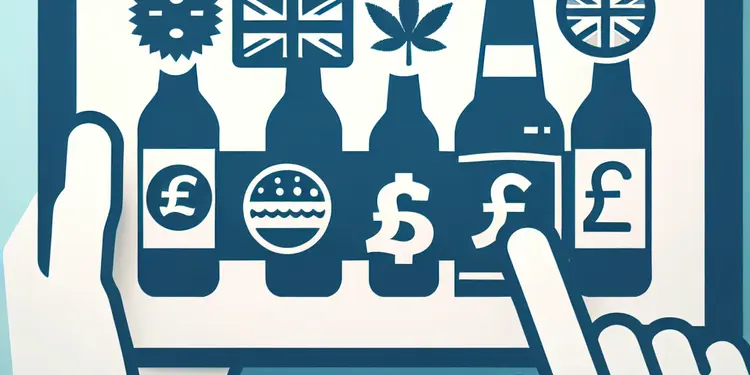
Find Help
More Items From Ergsy search
-
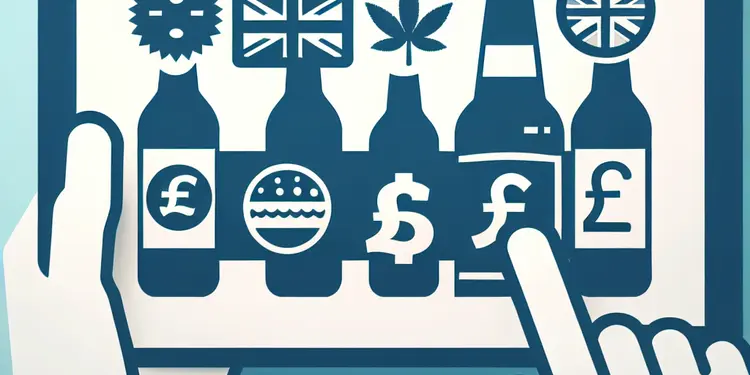
How can one reduce the risk of binge drinking?
Relevance: 100%
-
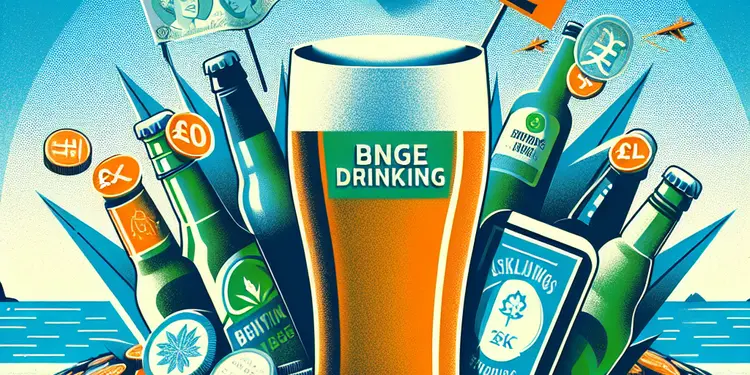
What are the risks associated with binge drinking?
Relevance: 92%
-
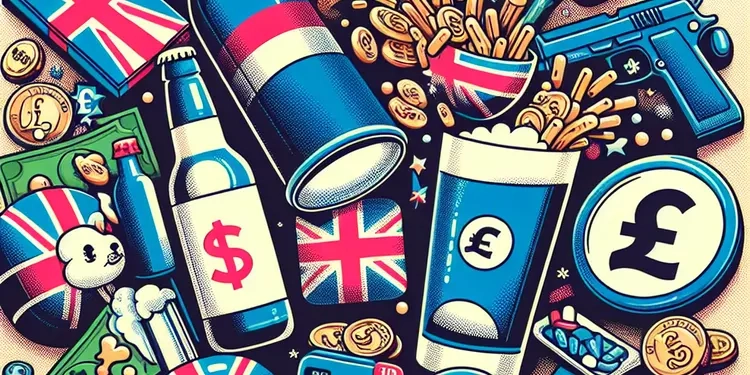
What is binge drinking?
Relevance: 85%
-
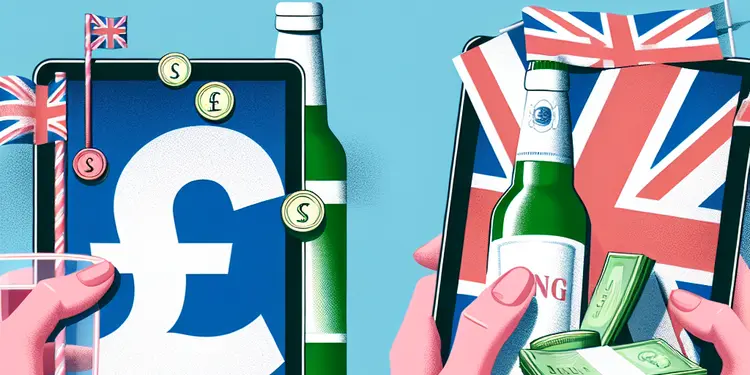
How is binge drinking typically defined?
Relevance: 79%
-
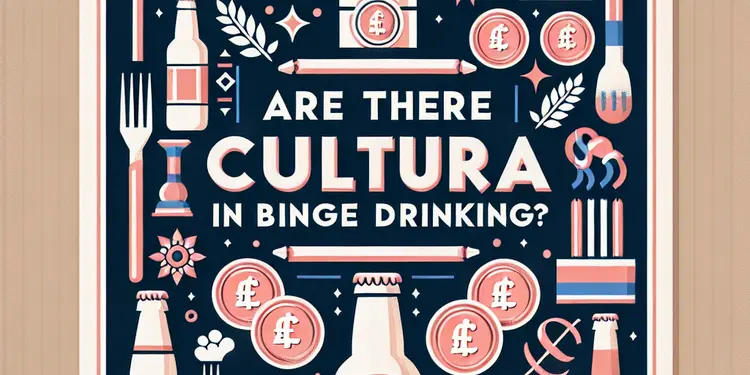
Are there cultural factors in binge drinking?
Relevance: 78%
-
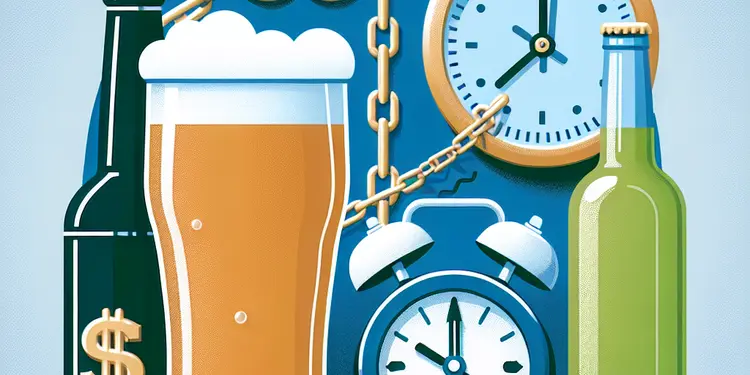
Can binge drinking lead to addiction?
Relevance: 77%
-
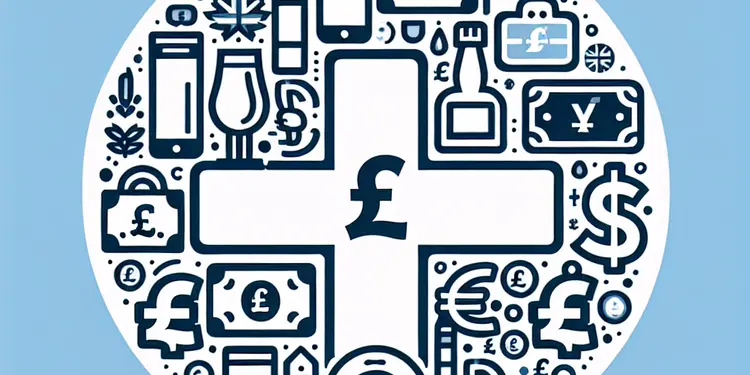
What can be done to prevent binge drinking?
Relevance: 75%
-
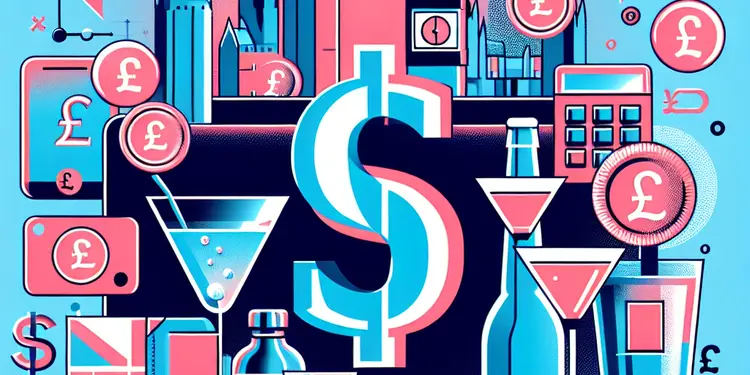
What are the social consequences of binge drinking?
Relevance: 75%
-
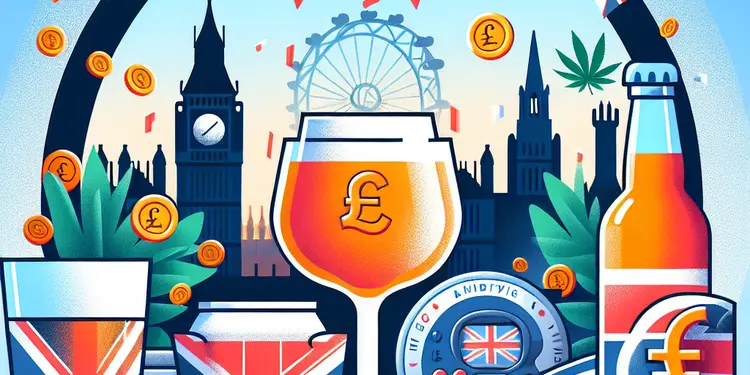
Can binge drinking affect physical health?
Relevance: 75%
-
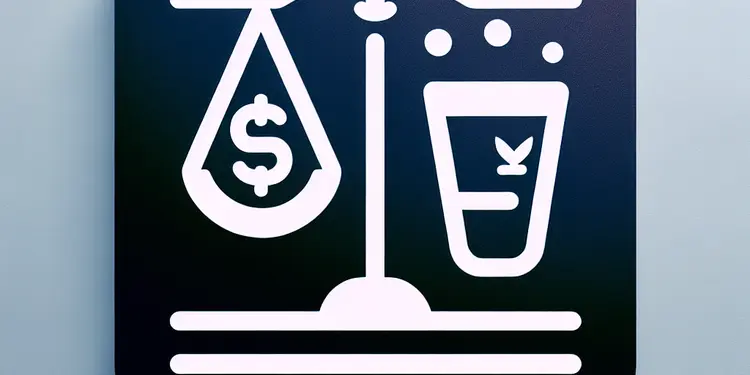
Are there any laws against binge drinking?
Relevance: 74%
-
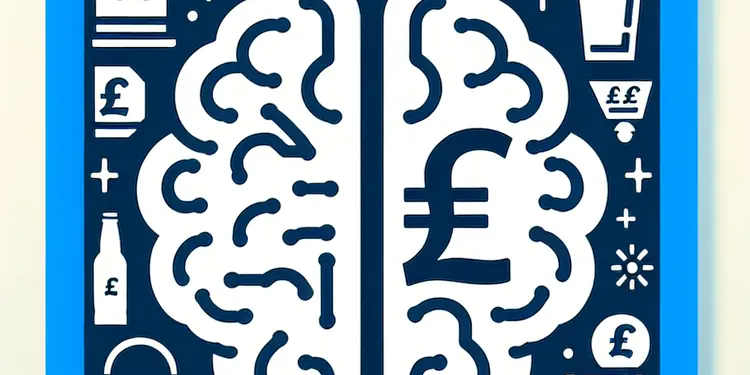
How does binge drinking affect the brain?
Relevance: 74%
-
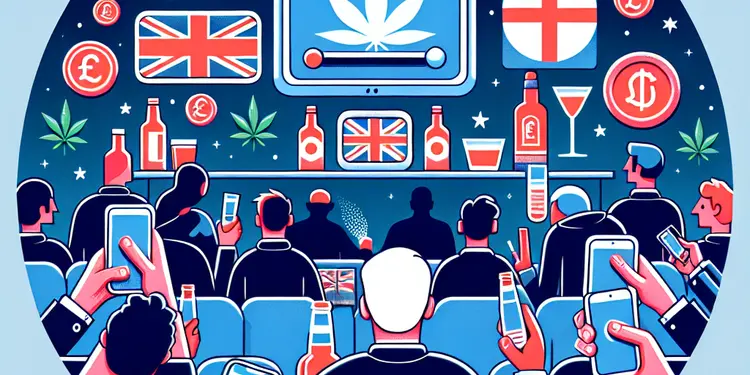
What is the role of peer pressure in binge drinking?
Relevance: 73%
-
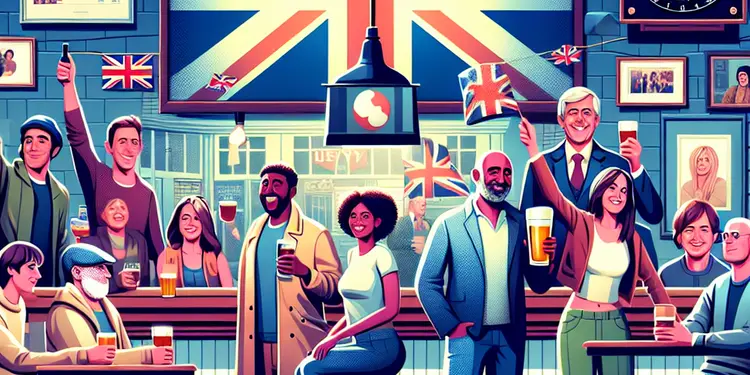
Is binge drinking more common in any specific demographic?
Relevance: 73%
-
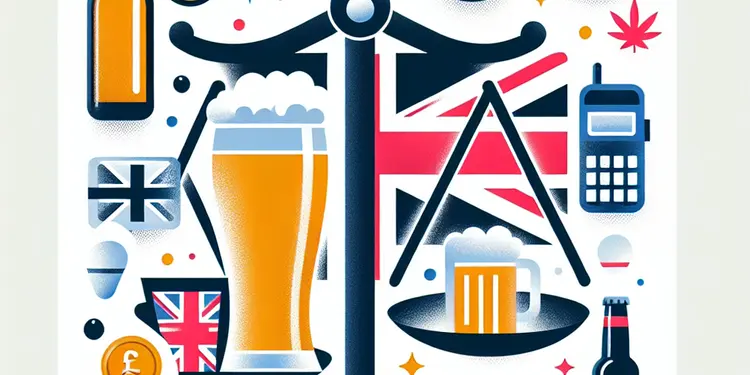
How does alcohol tolerance relate to binge drinking?
Relevance: 73%
-
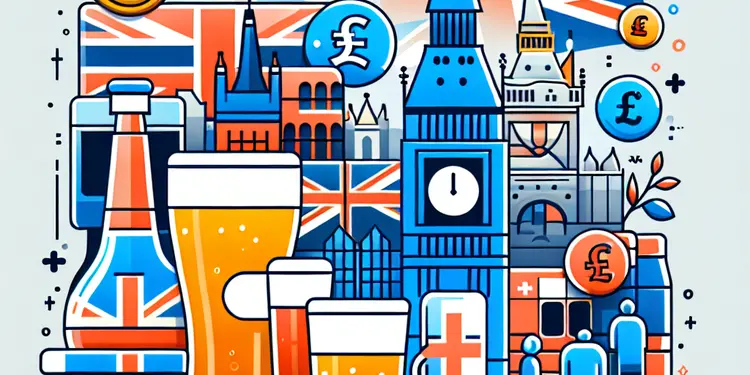
Why is binge drinking common among young adults?
Relevance: 72%
-
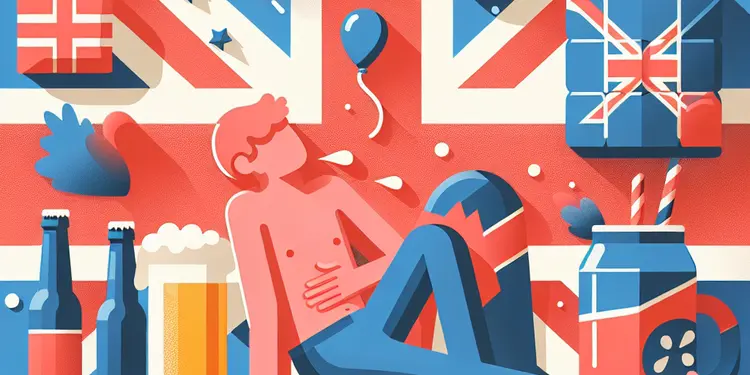
How does binge drinking affect mental health?
Relevance: 72%
-
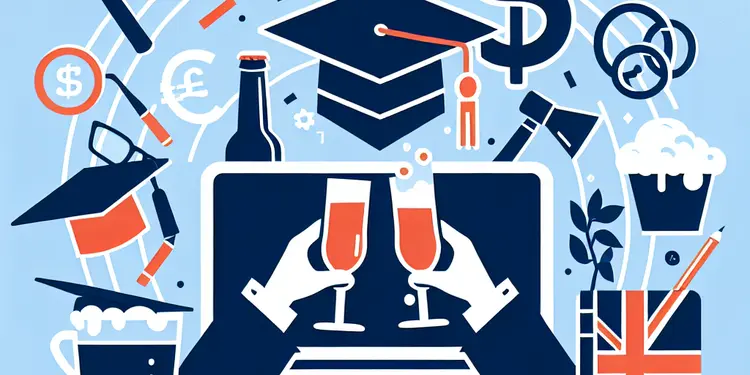
How does binge drinking impact academic or work performance?
Relevance: 69%
-
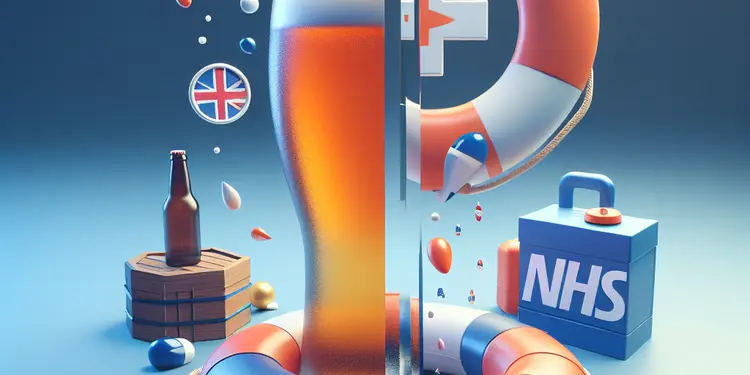
What resources are available for someone struggling with binge drinking?
Relevance: 68%
-

How can I reduce the risk of my drink being spiked?
Relevance: 61%
-
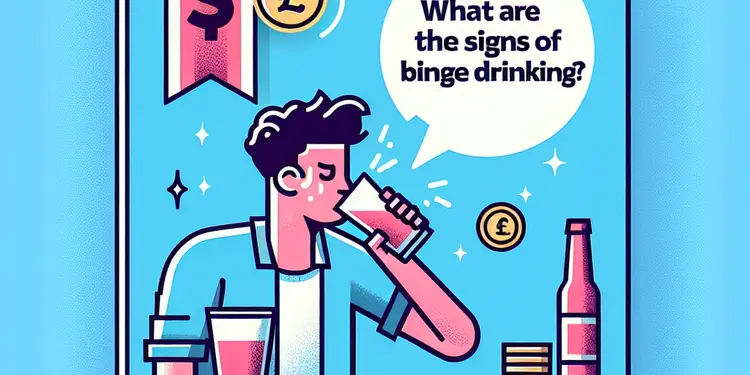
What are the signs of binge drinking?
Relevance: 59%
-
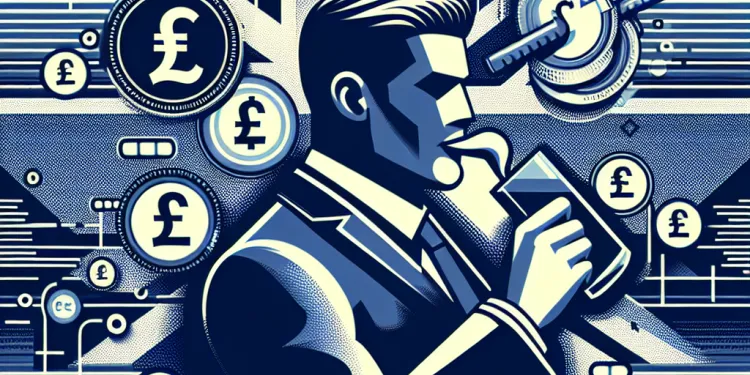
Are men at risk of having their drinks spiked?
Relevance: 46%
-
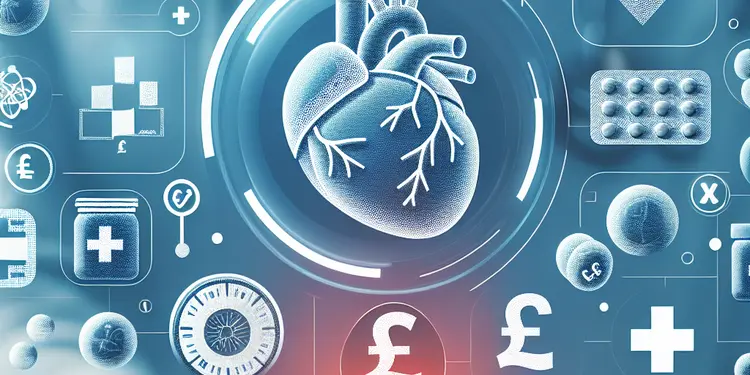
Are anticoagulants effective in reducing stroke risk?
Relevance: 37%
-
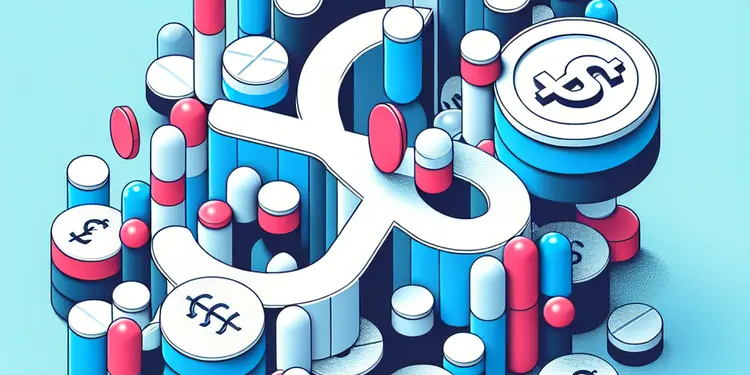
Can aspirin help in reducing the risk of strokes?
Relevance: 35%
-
Are high caffeine drinks safe?
Relevance: 35%
-
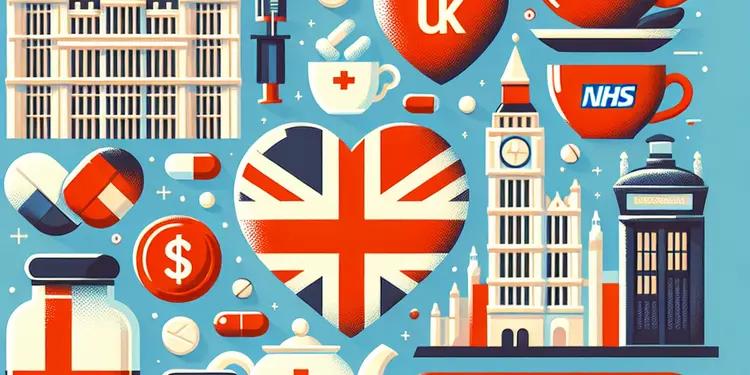
Can antihypertensive medications reduce stroke risk?
Relevance: 35%
-
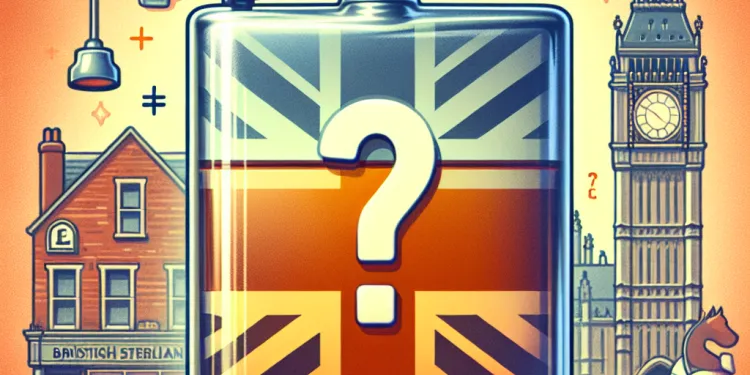
How do I know if my drink was spiked?
Relevance: 34%
-
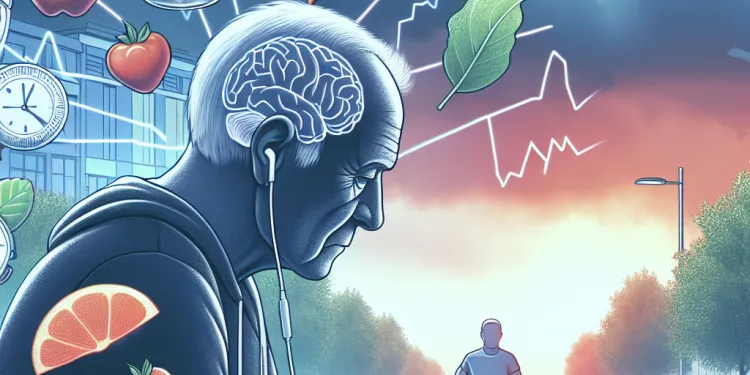
Are there any lifestyle changes that can help reduce the risk of Alzheimer's?
Relevance: 34%
-
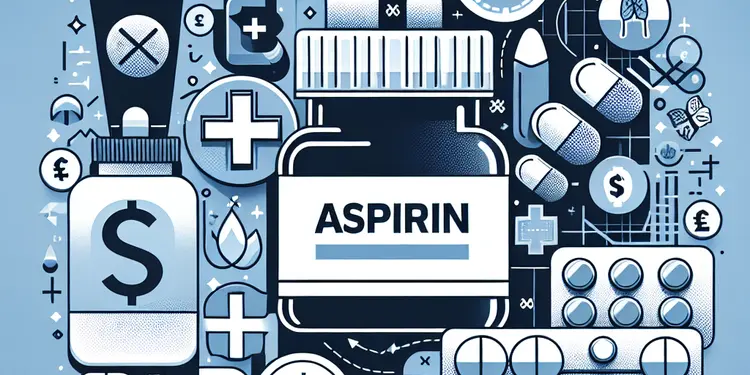
How does aspirin work to reduce cancer risk?
Relevance: 33%
-
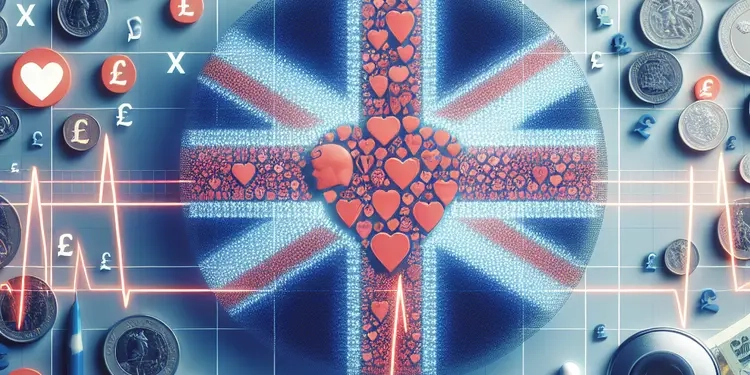
What drugs can reduce the risk of heart-attack and strokes?
Relevance: 33%
-
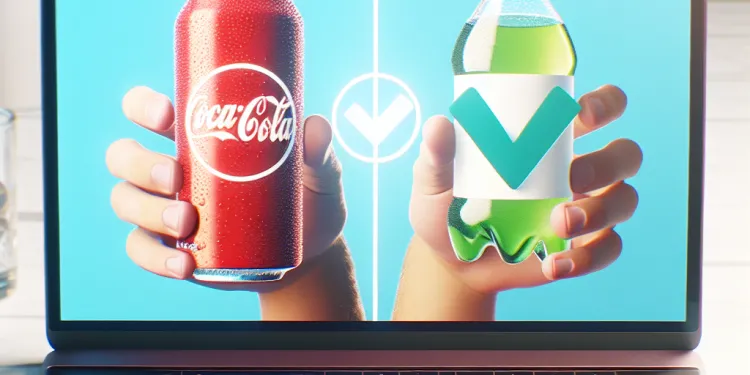
What role do sugary drinks play in obesity?
Relevance: 33%
-

Can lifestyle changes help reduce bowel cancer risk?
Relevance: 32%
-
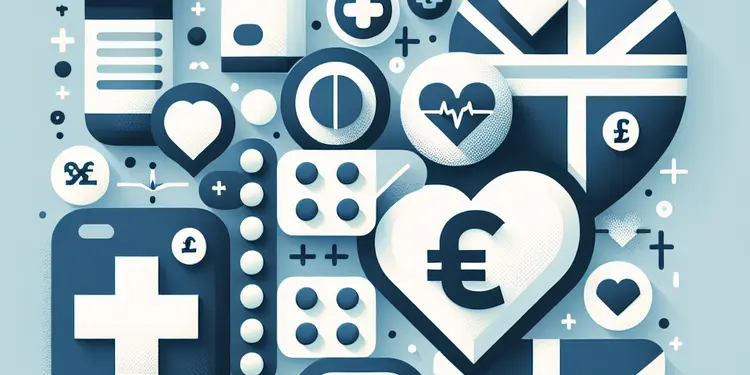
What drugs are commonly prescribed to reduce the risk of heart attacks?
Relevance: 32%
-
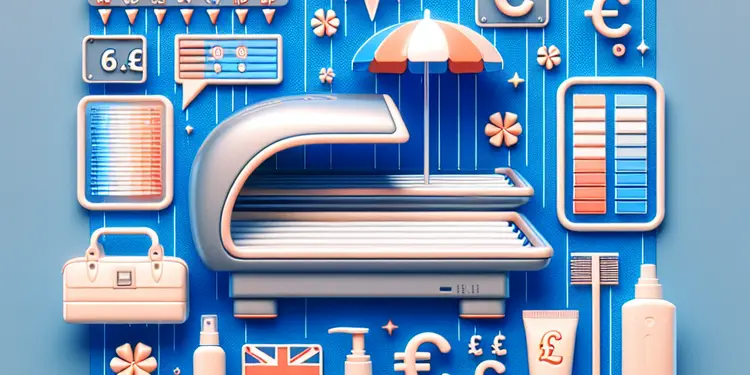
Does tanning on sunbeds reduce the risk of future sunburns?
Relevance: 32%
-
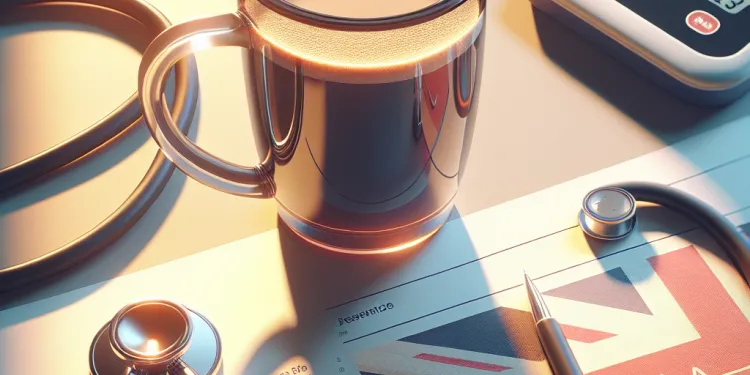
Does drinking coffee every morning increase the risk of developing high blood pressure?
Relevance: 32%
-

What drugs are commonly used to spike drinks?
Relevance: 31%
-
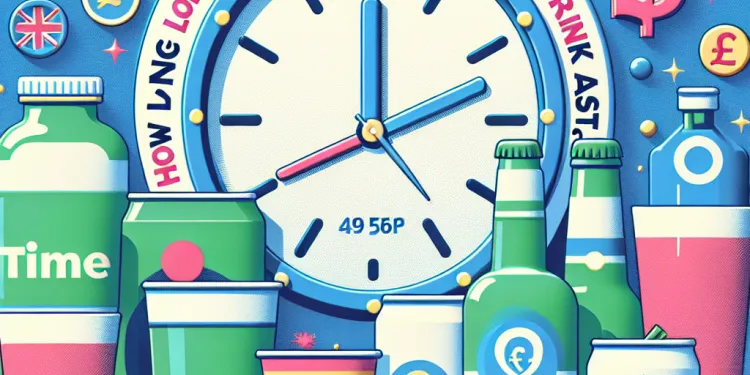
How long do the effects of a spiked drink last?
Relevance: 31%
-
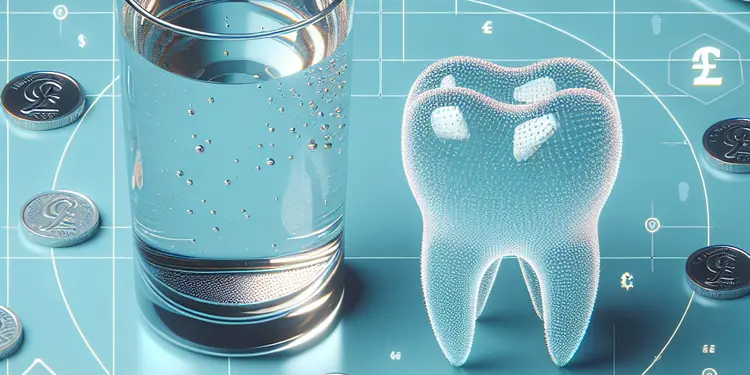
Can drinking water help prevent tooth decay?
Relevance: 31%
-
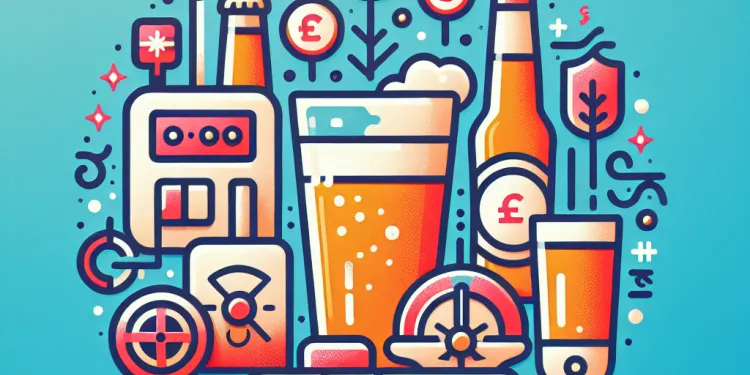
How effective are drink testing kits?
Relevance: 30%
-

Can drink covers be reused to prevent spiking?
Relevance: 30%
-
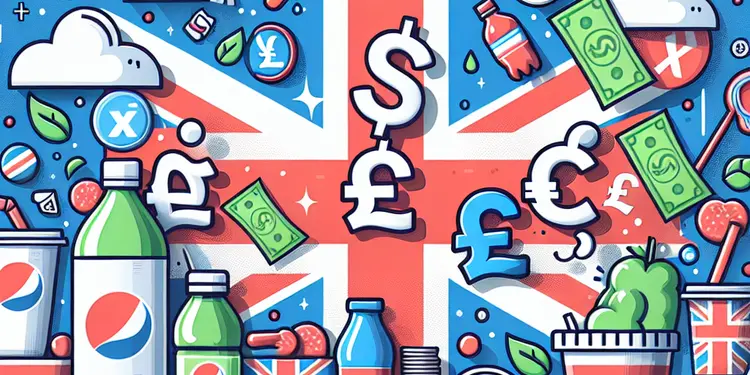
Is the sugar tax applied to diet or zero sugar drinks?
Relevance: 30%
Understanding Binge Drinking
Binge drinking is defined as consuming an excessive amount of alcohol in a short period. In the UK, this is considered to be drinking more than eight units for men and more than six units for women on a single occasion. This behaviour can lead to a variety of serious health issues, including accidents, alcohol poisoning, and long-term liver damage. Reducing the risk of binge drinking is crucial for promoting overall health and well-being.
Recognising Triggers and Patterns
One of the first steps in reducing the risk of binge drinking is to identify the triggers and patterns that lead to excessive drinking. Common triggers include stress, social pressure, and emotional distress. Keeping a journal of your drinking habits can help identify these triggers. Once identified, finding healthier ways to cope with these triggers, such as engaging in physical exercise or talking to a friend, can be beneficial.
Setting Limits and Goals
Establishing clear limits and goals around alcohol consumption can effectively reduce the risk of binge drinking. Decide in advance how many drinks you intend to consume on a given occasion and stick to this plan. It can be helpful to set long-term goals concerning your drinking habits and to regularly assess your progress. Achieving these goals can provide a sense of accomplishment and motivate continued adherence.
Practicing Safer Drinking Habits
Adopting safer drinking practices can minimise the risk of binge drinking. These include eating before and while drinking, as food can slow the absorption of alcohol into the bloodstream. Drinking water in between alcoholic beverages can help you stay hydrated and reduce overall alcohol consumption. Additionally, choosing beverages with lower alcohol content can contribute to safer drinking habits.
Seeking Support
Support from family, friends, or mental health professionals can be invaluable in reducing the risk of binge drinking. Open up about your concerns and seek advice or encouragement. If you find it challenging to control your drinking, consider reaching out to resources like Alcohol Change UK or Drinkaware, which can provide guidance and support. Participating in support groups can also be beneficial, offering a network of people who understand your challenges and can provide encouragement.
Understanding the Impact of Social Influence
The influence of peers and social settings can significantly impact drinking behaviour. Being aware of these influences allows for better decision-making. If social pressure is a risk factor, consider finding activities that do not revolve around alcohol. Engaging in hobbies, sports, or volunteer work can divert attention away from drinking and offer fulfilling alternatives.
Conclusion
Reducing the risk of binge drinking involves a combination of self-awareness, setting goals, practicing mindful drinking, and seeking support. By understanding the underlying patterns and influences and adopting proactive measures, individuals can reduce their risk and promote a healthier lifestyle. Remember that help is available, and making small, consistent changes can lead to significant improvements over time.
Understanding Binge Drinking
Binge drinking means drinking a lot of alcohol in a short time. In the UK, this means more than eight drinks for men and more than six drinks for women at once. Binge drinking can cause accidents, make you sick from too much alcohol, and hurt your liver over time. It's important to drink less to stay healthy and feel good.
Recognising Triggers and Patterns
To stop binge drinking, first find out what makes you want to drink so much. Things like stress, wanting to fit in with friends, or feeling upset can make you drink more. Try writing down when and why you drink. Once you know these triggers, find other ways to feel better, like playing sports or talking to a friend.
Setting Limits and Goals
Set limits and goals for how much you will drink. Decide before you start how many drinks you'll have, and stick to it. Also, think about long-term goals for your drinking. Check how you're doing with your goals. Reaching these goals can make you feel proud and want to keep going.
Practicing Safer Drinking Habits
You can drink more safely by eating before and while you drink. This helps slow down the alcohol in your blood. Drink water between alcoholic drinks to stay hydrated and drink less alcohol. Choose drinks that have less alcohol in them to help stay safer.
Seeking Support
Get help from family, friends, or a counselor to drink less. Talk about your worries and get advice. If you find it hard to stop drinking, ask for help from places like Alcohol Change UK or Drinkaware. Joining support groups can also help. In these groups, people understand your struggles and can encourage you.
Understanding the Impact of Social Influence
Friends and social events can make you drink more. Knowing this can help you make better choices. If friends make you drink more, try doing things that don’t involve alcohol. Hobbies, sports, or volunteering are fun and take your mind off drinking.
Conclusion
To drink less, know yourself, set goals, drink mindfully, and get support. By learning what makes you drink and making changes, you can be healthier. Remember, help is always available, and small changes can make a big difference over time.
Frequently Asked Questions
What is binge drinking?
Binge drinking is the consumption of an excessive amount of alcohol in a short period of time, typically leading to a blood alcohol concentration (BAC) of 0.08% or higher.
How can setting personal limits help reduce the risk of binge drinking?
Setting personal limits on the number of drinks consumed can help an individual maintain control and avoid excessive drinking.
Why is it important to consume food while drinking?
Eating food when drinking slows the absorption of alcohol into the bloodstream, which helps prevent a rapid spike in blood alcohol levels.
How does staying hydrated help reduce the risk of binge drinking?
Drinking water between alcoholic beverages helps to pace consumption and reduces the likelihood of becoming inebriated quickly.
What role does planning activities play in reducing binge drinking?
Planning non-drinking related activities keeps the focus off alcohol and encourages social engagement without the need to drink excessively.
Why should one avoid drinking games?
Drinking games often promote rapid and excessive consumption of alcohol, which increases the risk of binge drinking.
How can recognizing personal triggers help reduce binge drinking?
Recognizing and avoiding situations that trigger the urge to binge drink can help individuals maintain control over their alcohol consumption.
What alternatives to alcohol can help reduce binge drinking?
Opting for non-alcoholic drinks or mocktails provides a way to socialize without the risks associated with alcohol consumption.
How does having a designated driver reduce the risk of binge drinking?
A designated driver ensures a safe way home without the pressure to keep up with the drinking pace of the group.
Why is it important to seek support from friends and family?
Support from friends and family can provide encouragement and accountability, making it easier to resist the urge to binge drink.
How can understanding the effects of alcohol help reduce binge drinking?
Educating oneself about the effects of alcohol can make individuals more aware of its impact on health and encourage responsible drinking.
What is the importance of moderation in alcohol consumption?
Practicing moderation helps individuals enjoy alcohol responsibly without crossing the threshold into binge drinking territory.
How does avoiding peer pressure help prevent binge drinking?
Staying firm against peer pressure to drink excessively helps maintain personal limits and promotes responsible behavior.
What strategies can help with pacing alcohol consumption?
Setting a slow drinking pace, alternating with water, and counting drinks can help with pacing and prevent binge drinking.
Why should avoiding situations that encourage heavy drinking be considered?
Avoiding parties or events known for heavy drinking can help reduce exposure to environments that encourage binge drinking.
What are the benefits of setting a good example for others?
By setting a good example, individuals can influence their peers to adopt healthier drinking habits and reduce the risk of binge drinking.
How can setting goals related to alcohol consumption help?
Establishing goals related to limiting alcohol can provide motivation and a clear road map to avoid binge drinking.
Why is it beneficial to find new hobbies to prevent binge drinking?
Engaging in new hobbies can reduce boredom and stress, which are common triggers for binge drinking, providing healthier outlets.
How does understanding personal health risks discourage binge drinking?
Awareness of personal health risks associated with binge drinking can act as a deterrent and encourage healthier choices.
What role do educational programs play in reducing binge drinking?
Participating in educational programs can increase awareness of the dangers of alcohol abuse and promote behavior change.
What is binge drinking?
Binge drinking means drinking a lot of alcohol in one go. It can make you feel sick and hurt your body.
Here are some things that can help:
- Ask a friend for help if you feel bad.
- Drink slowly and have water in between.
- Learn about alcohol and what it does to your body.
It's important to take care of yourself and make safe choices.
Binge drinking means drinking a lot of alcohol really fast. It makes the alcohol level in the body go up to 0.08% or more.
How can setting personal limits help stop drinking too much alcohol?
Setting personal limits means making a clear plan on how much you will drink. This helps you stay in control and not drink too much.
Here are some tips to help:
- Decide the number of drinks you will have before you start.
- Use a small glass to pour your drinks.
- Drink slowly and take breaks to drink water.
- Keep track of how much you have had.
You can also ask a friend to help you stick to your plan.
Setting a limit on how many drinks you have can help you stay in control and not drink too much.
Why should you eat food with drinks?
Drinking water or juice is good. Eating food at the same time is even better. It helps your body get the energy it needs. Food helps your tummy feel full and happy. Drinking with food makes it easier to swallow and enjoy your meal.
Try using a straw to drink. It can help you take small sips. You can also ask someone to cut your food into small pieces. This makes eating and drinking safer and more fun!
When you eat food while you drink alcohol, it helps slow down how fast the alcohol goes into your blood. This stops your blood alcohol level from going up too quickly.
How can drinking water help you drink less alcohol?
Drink water between your alcoholic drinks. This helps you drink slowly and stops you from getting drunk too fast.
How can planning fun things to do help stop drinking too much alcohol at once?
Here is a simpler way to understand how planning helps:
- **Plan Fun Things:** Make a list of fun things to do instead of drinking lots of alcohol. - **Invite Friends:** Ask friends to join in the fun activities. This makes it more enjoyable and helps everyone. - **Stay Busy:** When you are busy having fun, you are less likely to drink too much. - **Try New Hobbies:** Find new hobbies that don't involve alcohol, like playing games or sports.Ask someone you trust for help if you need ideas or support. You can also use a calendar or phone app to plan your activities.
Planning fun things to do that don't involve drinking helps you focus on having a good time without needing alcohol. It makes it easier to hang out with friends and have fun without drinking too much.
Why is it good to skip drinking games?
Drinking games can be risky. They make you drink a lot of alcohol fast. This can be very bad for your health.
If you drink too much too quickly, it can make you sick. Sometimes, it can even be dangerous.
It's okay to say no to drinking games. You can still have fun without them.
If you have trouble saying no, you can practice what to say beforehand or ask a friend to help you.
Drinking games can make people drink a lot of alcohol very quickly. This can lead to drinking too much, too fast, which is called binge drinking.
It's important to be careful and take breaks. Always look after each other and drink water in between.
How can knowing personal triggers help stop too much drinking?
Learning what makes you want to drink a lot can help you stop. These things are called "triggers."
- What are triggers? Triggers are things that make you want to drink, like feeling sad or being at a party.
- Why is it good to know them? If you know your triggers, you can make a plan to avoid drinking too much.
- How can you find your triggers? Keep a diary of when you feel like drinking and what happened before.
Some ways to help:
- Talking to someone: Tell a friend or family member, so they can help you.
- Distractions: Do something fun, like playing a game or going for a walk.
- Relaxation: Try deep breathing or listening to music to feel better.
Understanding which situations make you want to drink too much can help you stay in control of your drinking.
What can you drink instead of alcohol to help you drink less?
Choosing to drink drinks without alcohol, like special drinks called mocktails, lets you have fun with friends without worrying about drinking alcohol.
How does a designated driver help people drink safely?
A designated driver is a person who does not drink alcohol when others do.
They can drive everyone home safely.
This helps because friends feel safe knowing they have a way to get home.
It also means people think more about how much they drink.
Here are some tips to stay safe:
- Take breaks between drinks.
- Drink water or a soft drink too.
- Set a limit on how much you’ll drink before you start.
Using these tips can help you have fun and stay safe.
A designated driver is someone who does not drink alcohol. They help make sure everyone gets home safely. They don't have to drink like the others.
Why Should You Ask for Help from Friends and Family?
It is good to ask your friends and family for help. They care about you and want to support you.
Here are some reasons why it is important:
- They can listen to you when you feel sad or happy.
- They can give you advice when you have a problem.
- Being with friends and family can make you feel better.
- They can help with things you find hard to do alone.
If you find it hard to talk, you can try:
- Writing down your feelings.
- Drawing pictures to show what you mean.
- Using apps or tools that help you talk, like voice-to-text apps.
When your friends and family help you, they can cheer you on and remind you to stay strong. This makes it easier not to drink too much alcohol at once.
How can knowing what alcohol does help people drink less?
Alcohol is a drink that can make you feel funny or sleepy. It is important to know what alcohol can do to your body and mind.
When you understand what alcohol does, you can make better choices. You might decide not to drink too much or too quickly. This is called "binge drinking."
Here are some ways to learn more:
- Talk to a trusted adult about alcohol.
- Read simple books or watch videos about how alcohol affects you.
- Ask for help if you feel like you might drink too much.
Knowing more can help you stay safe and healthy!
Learning about what alcohol does can help people know how it affects their bodies and make better choices about drinking.
Why is it important to drink alcohol carefully?
Drinking alcohol carefully is important to keep your body healthy. If you drink too much, it can make you feel sick or hurt your body over time.
Here are some ways to drink carefully:
- Drink only small amounts.
- Have water or juice between drinks with alcohol.
- Always eat food when you drink alcohol.
If you need help to drink less, you can talk to a doctor or a trusted adult.
When you drink a little bit of alcohol at a time, you can have fun and stay safe. This way, you don't drink too much and get sick.
How can saying "no" to friends stop too much drinking?
It's important to make your own choices. If friends try to make you drink a lot, you can say "no." Saying "no" helps keep you safe and healthy.
Here are some ways to help you say "no":
- Talk to a trusted adult.
- Practice saying "no" at home.
- Hang out with friends who respect your choices.
Remember, it's okay to be different and make your own choices.
It is important to say "no" if friends want you to drink too much alcohol. This helps you stay in control and make good choices.
How can you slow down drinking alcohol?
Here are some easy ways to drink alcohol slower:
- Drink water or a soft drink after each alcoholic drink.
- Sip your drink slowly instead of drinking it fast.
- Set a limit on how many drinks you will have before you start.
- Use a smaller glass or cup.
- Put your glass down between sips.
- Spend more time talking with friends instead of drinking.
If you find it hard to slow down, ask a trusted friend for help or try using an app to keep track of your drinks.
Drink slowly. Drink some water between each drink. Count your drinks as you go. This helps you not drink too much too fast.
Why is it good to stay away from places where people drink a lot?
Stay away from parties or events where people drink a lot. This can help you avoid places that make you want to drink too much.
Why is it good to be a good example for others?
Being a good example helps other people know how to act.
It can make them feel happy and do the right thing too.
When you show good behavior, others might copy you.
Here are some tips:
- Think about how you act.
- Be kind and helpful.
- Say "please" and "thank you".
- Listen to others when they talk.
Tools you can use:
- Picture cards to remember good actions.
- A chart to track kind actions every day.
When you make good choices, others see you and might want to do the same. This way, you can help your friends drink less alcohol and stay healthier.
How can setting goals about drinking alcohol help?
Setting goals means making a plan. This can help you drink less alcohol. Here are some ways to help:
- Track Your Drinks: Write down what and how much you drink.
- Set Limits: Decide how many drinks you will have each day or week.
- Plan Ahead: Think about places or events where you want to drink less.
- Find Support: Talk to friends or family who can help you stay on track.
- Use Apps: There are apps that can remind you of your goals and help you keep track.
These steps can make it easier to control your drinking and stay healthy.
Setting goals to drink less alcohol can help you stay motivated and know what to do to avoid drinking too much.
Why is it good to find new hobbies to stop binge drinking?
Finding new hobbies can be helpful for stopping binge drinking. It gives you something fun to do instead of drinking too much. By doing different activities, you can stay busy and have fun in a healthy way.
Here are some tools and ideas to help:
- Join a club or team: Being with others can make activities more enjoyable.
- Try different things: Find out what you really like by trying sports, art, or music.
- Set small goals: Start with easy steps, like reading a chapter of a book or going for a short walk.
- Use a planner: Write down your new hobbies to stay organized and remember what to do.
- Ask for help: Talk to a friend or family member to support you in your new hobbies.
By doing fun things and staying active, you can avoid the urge to binge drink and enjoy life more.
Trying new hobbies can help stop feelings of boredom and stress. This is important because boredom and stress can make people want to drink too much alcohol. New hobbies are fun and safe ways to feel better.
Useful Tips
Here are some tips to help you find new hobbies:
- Think about things you like to do, like drawing or playing sports.
- Try something new, like cooking or gardening.
- You can join a club or take a class to learn and have fun with other people.
Helpful Tools
Here are tools to help you explore hobbies:
- Use YouTube to watch videos and learn new skills.
- Look for free apps that teach new activities.
- Ask family or friends what hobbies they enjoy.
How can learning about health risks help people drink less alcohol?
Knowing how drinking too much alcohol can hurt your health can help you make better choices and drink less.
How can school programs help stop too much drinking?
Being part of learning programs can help people understand why drinking too much alcohol is bad. It can also help them make better choices.
Useful Links
This website offers general information and is not a substitute for professional advice.
Always seek guidance from qualified professionals.
If you have any medical concerns or need urgent help, contact a healthcare professional or emergency services immediately.
Some of this content was generated with AI assistance. We’ve done our best to keep it accurate, helpful, and human-friendly.
- Ergsy carfully checks the information in the videos we provide here.
- Videos shown by Youtube after a video has completed, have NOT been reviewed by ERGSY.
- To view, click the arrow in centre of video.
- Most of the videos you find here will have subtitles and/or closed captions available.
- You may need to turn these on, and choose your preferred language.
- Go to the video you'd like to watch.
- If closed captions (CC) are available, settings will be visible on the bottom right of the video player.
- To turn on Captions, click settings .
- To turn off Captions, click settings again.
More Items From Ergsy search
-

How can one reduce the risk of binge drinking?
Relevance: 100%
-

What are the risks associated with binge drinking?
Relevance: 92%
-

What is binge drinking?
Relevance: 85%
-

How is binge drinking typically defined?
Relevance: 79%
-

Are there cultural factors in binge drinking?
Relevance: 78%
-

Can binge drinking lead to addiction?
Relevance: 77%
-

What can be done to prevent binge drinking?
Relevance: 75%
-

What are the social consequences of binge drinking?
Relevance: 75%
-

Can binge drinking affect physical health?
Relevance: 75%
-

Are there any laws against binge drinking?
Relevance: 74%
-

How does binge drinking affect the brain?
Relevance: 74%
-

What is the role of peer pressure in binge drinking?
Relevance: 73%
-

Is binge drinking more common in any specific demographic?
Relevance: 73%
-

How does alcohol tolerance relate to binge drinking?
Relevance: 73%
-

Why is binge drinking common among young adults?
Relevance: 72%
-

How does binge drinking affect mental health?
Relevance: 72%
-

How does binge drinking impact academic or work performance?
Relevance: 69%
-

What resources are available for someone struggling with binge drinking?
Relevance: 68%
-

How can I reduce the risk of my drink being spiked?
Relevance: 61%
-

What are the signs of binge drinking?
Relevance: 59%
-

Are men at risk of having their drinks spiked?
Relevance: 46%
-

Are anticoagulants effective in reducing stroke risk?
Relevance: 37%
-

Can aspirin help in reducing the risk of strokes?
Relevance: 35%
-
Are high caffeine drinks safe?
Relevance: 35%
-

Can antihypertensive medications reduce stroke risk?
Relevance: 35%
-

How do I know if my drink was spiked?
Relevance: 34%
-

Are there any lifestyle changes that can help reduce the risk of Alzheimer's?
Relevance: 34%
-

How does aspirin work to reduce cancer risk?
Relevance: 33%
-

What drugs can reduce the risk of heart-attack and strokes?
Relevance: 33%
-

What role do sugary drinks play in obesity?
Relevance: 33%
-

Can lifestyle changes help reduce bowel cancer risk?
Relevance: 32%
-

What drugs are commonly prescribed to reduce the risk of heart attacks?
Relevance: 32%
-

Does tanning on sunbeds reduce the risk of future sunburns?
Relevance: 32%
-

Does drinking coffee every morning increase the risk of developing high blood pressure?
Relevance: 32%
-

What drugs are commonly used to spike drinks?
Relevance: 31%
-

How long do the effects of a spiked drink last?
Relevance: 31%
-

Can drinking water help prevent tooth decay?
Relevance: 31%
-

How effective are drink testing kits?
Relevance: 30%
-

Can drink covers be reused to prevent spiking?
Relevance: 30%
-

Is the sugar tax applied to diet or zero sugar drinks?
Relevance: 30%


